Peanut butter, beyond a doubt, is an all-time favorite spread loved by millions across the globe. Loved for its creamy texture, nutty flavors, and versatility, peanut butter has become a staple in many households. Whether enjoyed on a slice of bread, incorporated into recipes, or devoured straight from the jar, the indulgence of peanut butter knows no bounds. In this article, we will delve into the origins of peanut butter, its nutritional value, health benefits, environmental impact, and some delicious recipes to satisfy your peanut butter cravings. 1. The Origins of Peanut Butter: To understand the magnificence of peanut butter, we must first trace its roots. Contrary to popular belief, peanut butter did not originate in America. Historians believe that it traces its roots back to the ancient Incas and Aztecs, who crushed peanuts to make a paste-like substance. The modern-day version of peanut butter, however, is credited to Marcellus Gilmore Edson, a Canadian chemist who patented the process of making peanut paste in 1884. Additionally, it was Dr.
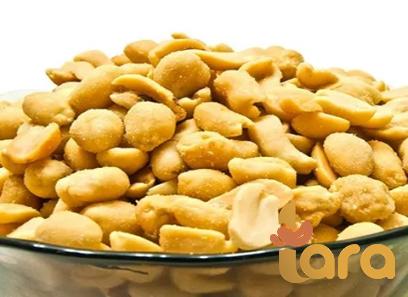
.
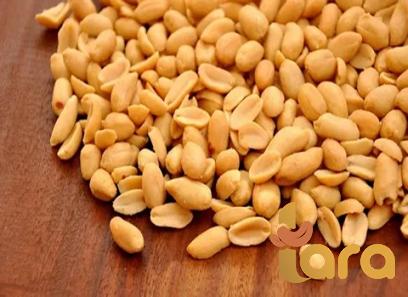 John Harvey Kellogg, of the Kellogg’s cereal fame, who patented a process to produce smoother peanut butter in 1895. 2. Nutritional Value of Peanut Butter: Peanut butter is more than just a delectable treat; it is packed with essential nutrients that contribute to our overall well-being. Firstly, peanuts are an excellent source of plant-based protein, making peanut butter a popular choice for those following a vegetarian or vegan lifestyle. A two-tablespoon serving of peanut butter contains approximately 7 grams of protein. Additionally, peanut butter is rich in healthy fats, including monounsaturated fats, which have been shown to reduce the risk of heart disease. Furthermore, peanut butter is a good source of dietary fiber, providing around 2 grams per serving. It also contains important vitamins and minerals like vitamin E, magnesium, potassium, and antioxidants that combat oxidative stress. 3. Health Benefits of Peanut Butter: a) Heart Health: Various studies have indicated that consuming moderate amounts of peanuts or peanut butter can lower the risk of heart disease.
John Harvey Kellogg, of the Kellogg’s cereal fame, who patented a process to produce smoother peanut butter in 1895. 2. Nutritional Value of Peanut Butter: Peanut butter is more than just a delectable treat; it is packed with essential nutrients that contribute to our overall well-being. Firstly, peanuts are an excellent source of plant-based protein, making peanut butter a popular choice for those following a vegetarian or vegan lifestyle. A two-tablespoon serving of peanut butter contains approximately 7 grams of protein. Additionally, peanut butter is rich in healthy fats, including monounsaturated fats, which have been shown to reduce the risk of heart disease. Furthermore, peanut butter is a good source of dietary fiber, providing around 2 grams per serving. It also contains important vitamins and minerals like vitamin E, magnesium, potassium, and antioxidants that combat oxidative stress. 3. Health Benefits of Peanut Butter: a) Heart Health: Various studies have indicated that consuming moderate amounts of peanuts or peanut butter can lower the risk of heart disease.
..
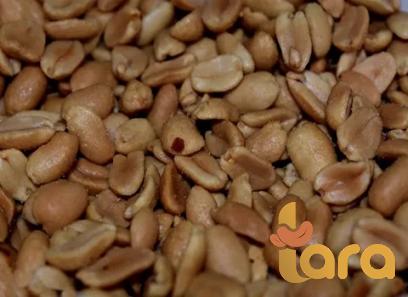 The monounsaturated fats in peanut butter can improve blood lipid profiles, reduce LDL cholesterol levels, and provide protection against coronary heart disease. b) Weight Management: Despite being calorie-dense, studies suggest that peanut butter may actually aid in weight management. The combination of protein, fiber, and healthy fats in peanut butter can help you feel satiated for longer periods, reducing hunger cravings and overeating. c) Blood Sugar Control: Contrary to popular belief, peanut butter can be beneficial for individuals with diabetes. The healthy fats and low glycemic index of peanuts make peanut butter a suitable and satisfying option for managing blood sugar levels. d) Nutrient Absorption: Peanut butter is an excellent companion to certain fat-soluble vitamins such as vitamin A, D, E, and K, as it aids in their absorption. Adding a dollop of peanut butter to meals containing these vitamins can help maximize their nutritional benefits. 4. Environmental Impact of Peanut Butter Production: While peanut butter provides numerous nutritional benefits, it is essential to acknowledge its environmental impact as well. Peanut crops require a significant amount of water for cultivation, which can lead to strain on water resources in certain regions. Additionally, the high demand for peanuts contributes to deforestation as more land is cleared for peanut cultivation. However, there are sustainable farming practices being employed to reduce water usage and limit the environmental impact associated with peanut production. 5. Peanut Butter Recipes for Every Craving: a) Classic Peanut Butter Sandwich: Start with two slices of whole-grain bread, spread generous amounts of peanut butter on both sides, and indulge in this simple yet satisfying snack. b)
The monounsaturated fats in peanut butter can improve blood lipid profiles, reduce LDL cholesterol levels, and provide protection against coronary heart disease. b) Weight Management: Despite being calorie-dense, studies suggest that peanut butter may actually aid in weight management. The combination of protein, fiber, and healthy fats in peanut butter can help you feel satiated for longer periods, reducing hunger cravings and overeating. c) Blood Sugar Control: Contrary to popular belief, peanut butter can be beneficial for individuals with diabetes. The healthy fats and low glycemic index of peanuts make peanut butter a suitable and satisfying option for managing blood sugar levels. d) Nutrient Absorption: Peanut butter is an excellent companion to certain fat-soluble vitamins such as vitamin A, D, E, and K, as it aids in their absorption. Adding a dollop of peanut butter to meals containing these vitamins can help maximize their nutritional benefits. 4. Environmental Impact of Peanut Butter Production: While peanut butter provides numerous nutritional benefits, it is essential to acknowledge its environmental impact as well. Peanut crops require a significant amount of water for cultivation, which can lead to strain on water resources in certain regions. Additionally, the high demand for peanuts contributes to deforestation as more land is cleared for peanut cultivation. However, there are sustainable farming practices being employed to reduce water usage and limit the environmental impact associated with peanut production. 5. Peanut Butter Recipes for Every Craving: a) Classic Peanut Butter Sandwich: Start with two slices of whole-grain bread, spread generous amounts of peanut butter on both sides, and indulge in this simple yet satisfying snack. b)
…
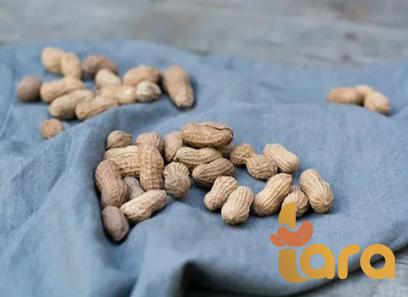 Peanut Butter Smoothie: Blend together a frozen banana, a tablespoon of peanut butter, almond milk, a handful of spinach, and a drizzle of honey for a nutritious and energizing breakfast smoothie. c) Peanut Butter Cookies: Combine flour, sugar, butter, an egg, and peanut butter to create flavorful and chewy peanut butter cookies that will leave your taste buds craving for more. d) Thai Peanut Noodles: Whip up a mouth-watering Thai-inspired dish by cooking rice noodles and tossing them with a sauce made from peanut butter, soy sauce, lime juice, garlic, and ginger. Conclusion: From its humble origins to becoming a pantry staple, peanut butter has captivated taste buds worldwide. Not only is it a delicious treat, but it also offers various nutritional benefits and plays a role in heart health, weight management, and blood sugar control. Peanut butter, when consumed mindfully, can be a valuable addition to a balanced diet. So, go ahead and savor the wonders of this creamy delight guilt-free, knowing that you are also contributing to your overall health and wellbeing. 6. Peanut Butter and Allergies: It is important to note that peanuts and peanut butter are common allergenic foods. Peanut allergies can range from mild to severe, with some individuals experiencing life-threatening reactions known as anaphylaxis. For those with peanut allergies, it is crucial to avoid all forms of peanut products, including peanut butter.
Peanut Butter Smoothie: Blend together a frozen banana, a tablespoon of peanut butter, almond milk, a handful of spinach, and a drizzle of honey for a nutritious and energizing breakfast smoothie. c) Peanut Butter Cookies: Combine flour, sugar, butter, an egg, and peanut butter to create flavorful and chewy peanut butter cookies that will leave your taste buds craving for more. d) Thai Peanut Noodles: Whip up a mouth-watering Thai-inspired dish by cooking rice noodles and tossing them with a sauce made from peanut butter, soy sauce, lime juice, garlic, and ginger. Conclusion: From its humble origins to becoming a pantry staple, peanut butter has captivated taste buds worldwide. Not only is it a delicious treat, but it also offers various nutritional benefits and plays a role in heart health, weight management, and blood sugar control. Peanut butter, when consumed mindfully, can be a valuable addition to a balanced diet. So, go ahead and savor the wonders of this creamy delight guilt-free, knowing that you are also contributing to your overall health and wellbeing. 6. Peanut Butter and Allergies: It is important to note that peanuts and peanut butter are common allergenic foods. Peanut allergies can range from mild to severe, with some individuals experiencing life-threatening reactions known as anaphylaxis. For those with peanut allergies, it is crucial to avoid all forms of peanut products, including peanut butter.

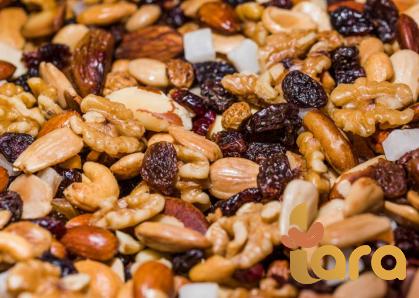
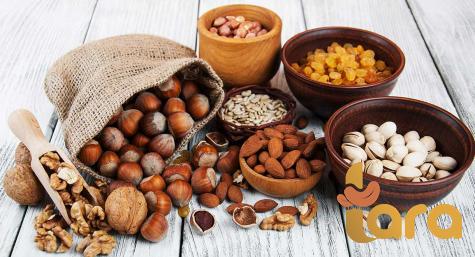
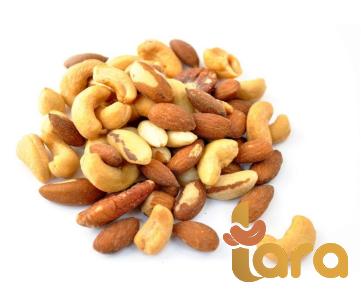
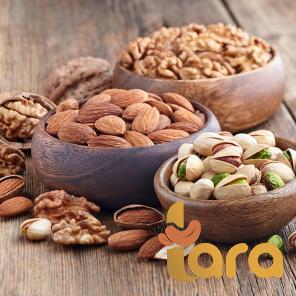
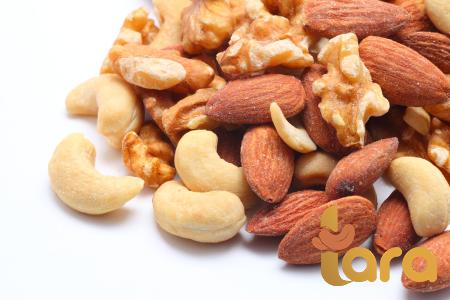
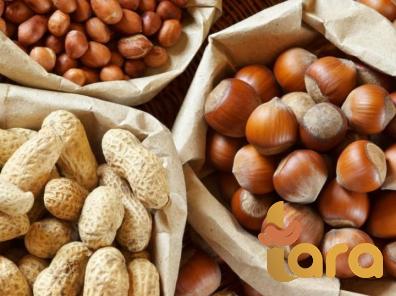
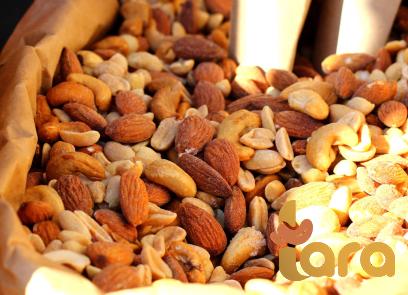
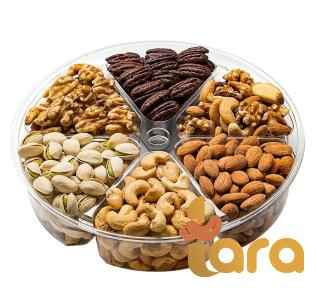
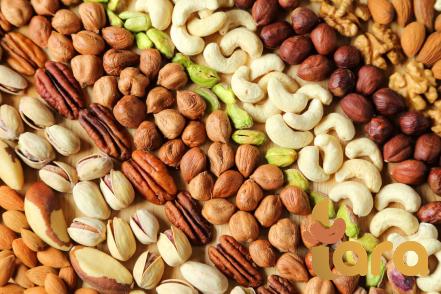
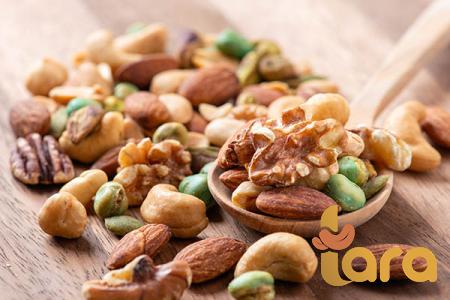
Your comment submitted.